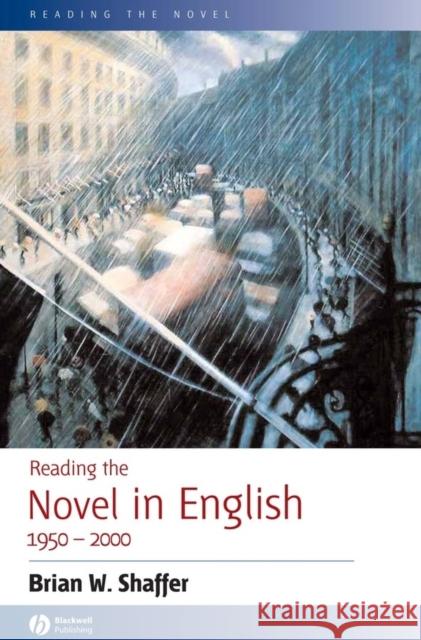Reading the Novel in English 1950 - 2000 » książka
topmenu
Reading the Novel in English 1950 - 2000
ISBN-13: 9781405101134 / Angielski / Twarda / 2005 / 276 str.
Reading the Novel in English 1950 - 2000
ISBN-13: 9781405101134 / Angielski / Twarda / 2005 / 276 str.
cena 460,14
(netto: 438,23 VAT: 5%)
Najniższa cena z 30 dni: 453,58
(netto: 438,23 VAT: 5%)
Najniższa cena z 30 dni: 453,58
Termin realizacji zamówienia:
ok. 30 dni roboczych.
ok. 30 dni roboczych.
Darmowa dostawa!
- Written in clear, jargon-free prose, this introductory text charts the variety of novel writing in English in the second half of the twentieth century.
- An engaging introduction to the English-language novel from 1950-2000 (exclusive of the US).
- Provides students both with strategies for interpretation and with fresh readings of selected seminal texts.
- Maps out the most important contexts and concepts for understanding this fiction.
- Features readings of ten influential English-language novels including Margaret Atwood's The Handmaid's Tale, Kazuo Ishiguro's Remains of the Day and Chinua Achebe's Things Fall Apart.











